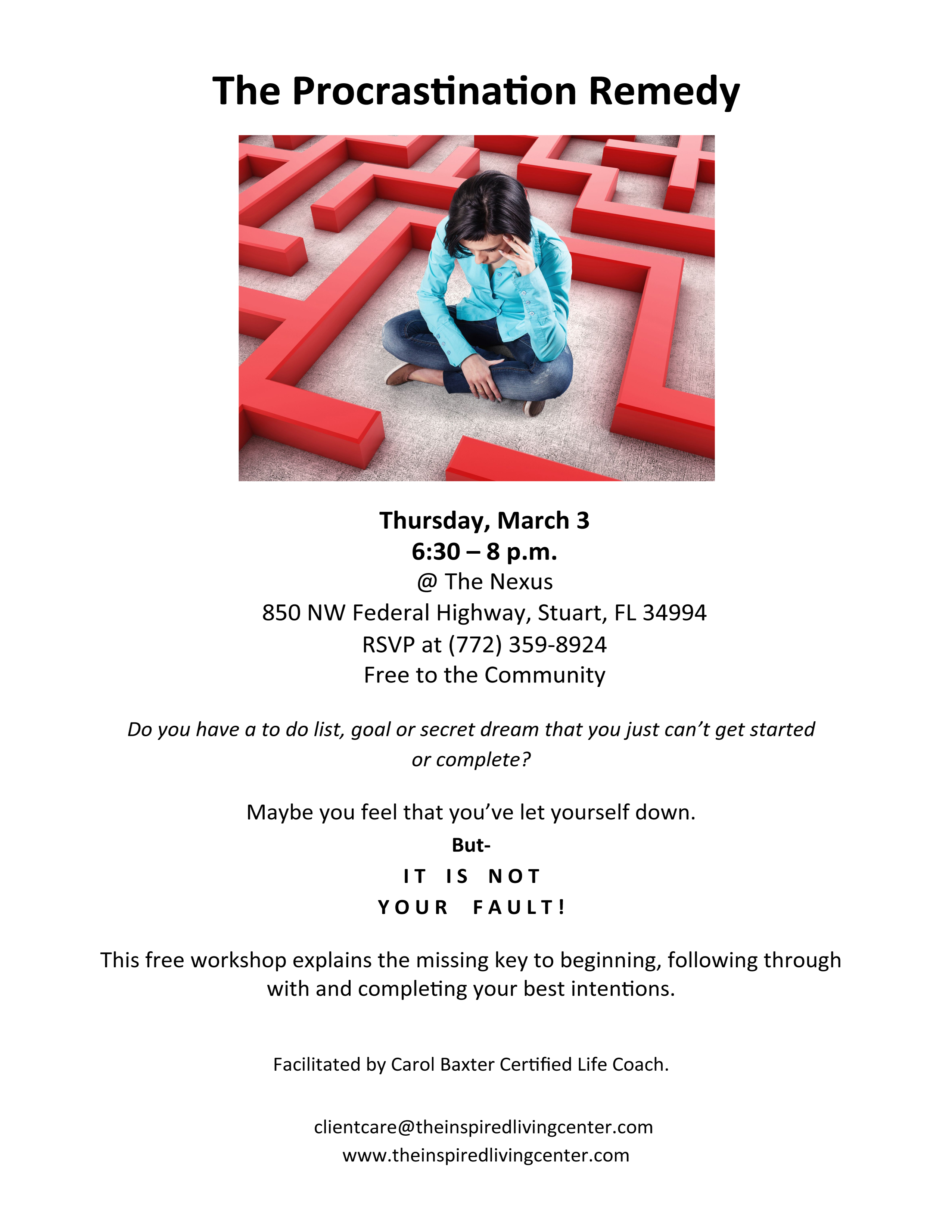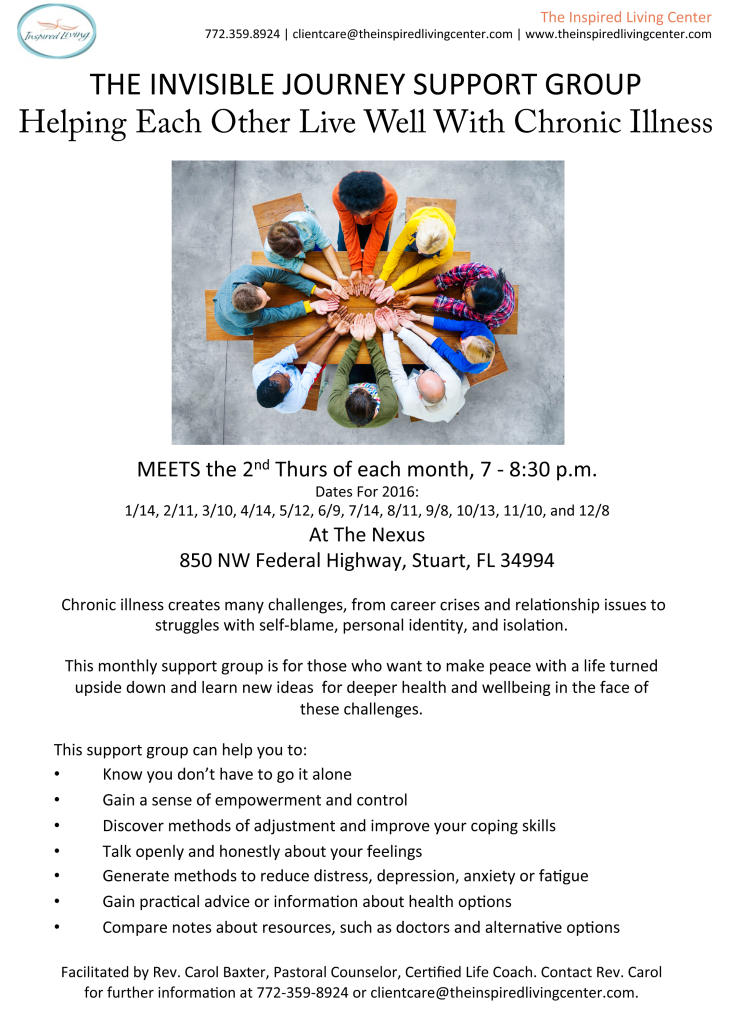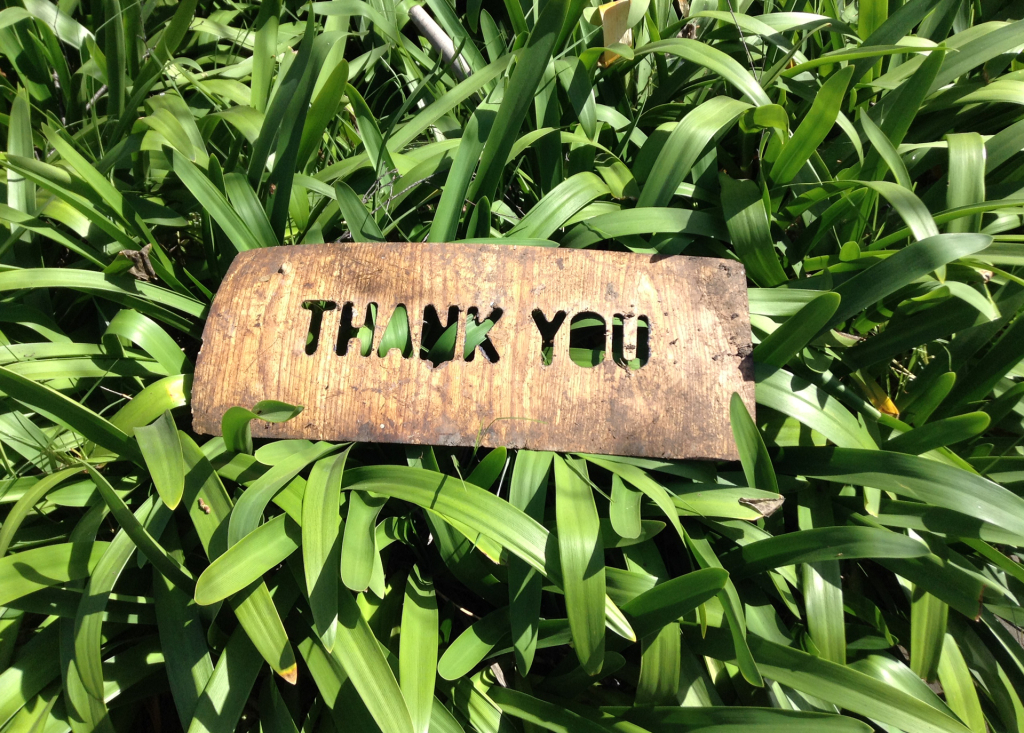Mental Housekeeping to Reduce Stress
We all go through periods of time when we feel overwhelmed and have trouble focusing on what to do in our lives. When you finish this exercise you will likely have a lot more energy and feel more focused, less stress and more alive.
- Do a Mental “Mind Dump” onto Paper
Have a notebook or a stack of paper on hand. Create a list of everything you’ve been holding in your mind. This includes your mental ‘to do’ list, your dreams of the things you’d like to do, become, experience, or acquire ( Yes, from your earliest memories)
Do you want to travel, learn to dance, etc. )
What would you like to change in your life? Would you like to find your soulmate; Up the level of romance in your relationship; Find ways to create harmony and communication within your family?
- Sort Through Your List
Now go through your list and sort your items into the 3 following categories.
- To Do: Things you absolutely plan to take steps towards in the next 6 months.
( Transfer them to your official TO DO LIST, and mark the top 10 on which you plan to take action. Give each a starting date.
- Someday or Maybe: These are the things you would like to do sometime in the future. Use these to start your ‘Someday/Wish List for future reference.
- Accomplished or Dropped: These are the things you consider to be complete or resolved enough to drop. As you review you may decide that there are things that are no longer desirable anymore. Cross these off your list and consider them ‘done’.
- FRESH START
When you are done, shred or bur your original list as a way of releasing those old things that you no longer choose to hold in your mind. (A ritual of release is always meaningful) . This exercise frees up a great deal of mental energy that you were using to hold onto your mental “to do’s”- energy that will now be available to you for your new direction.










